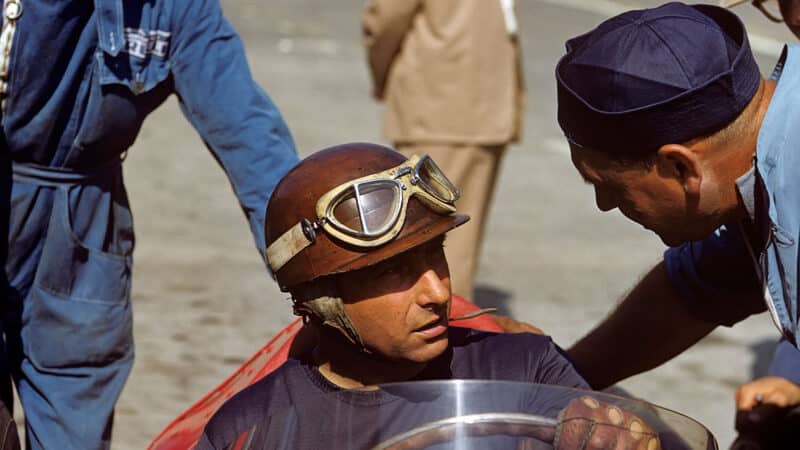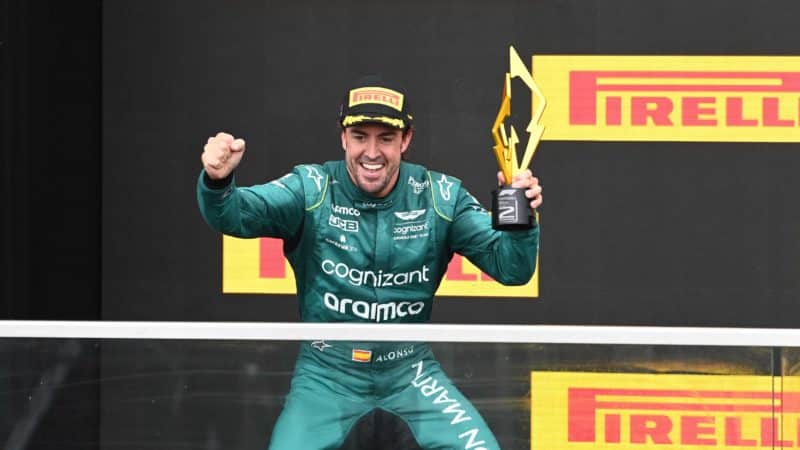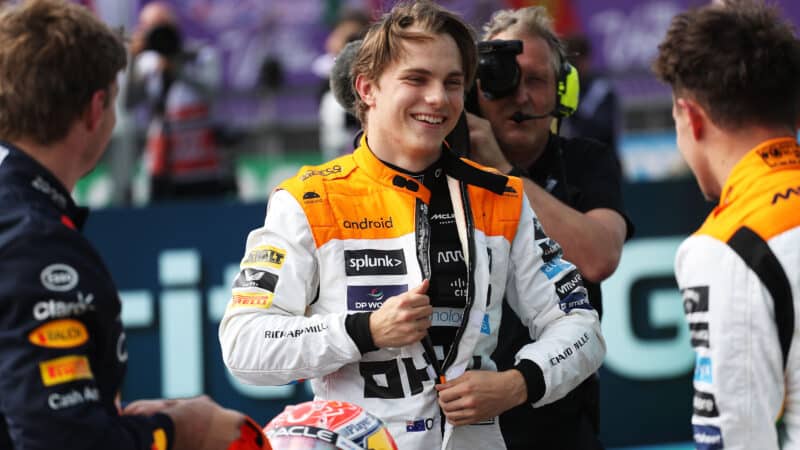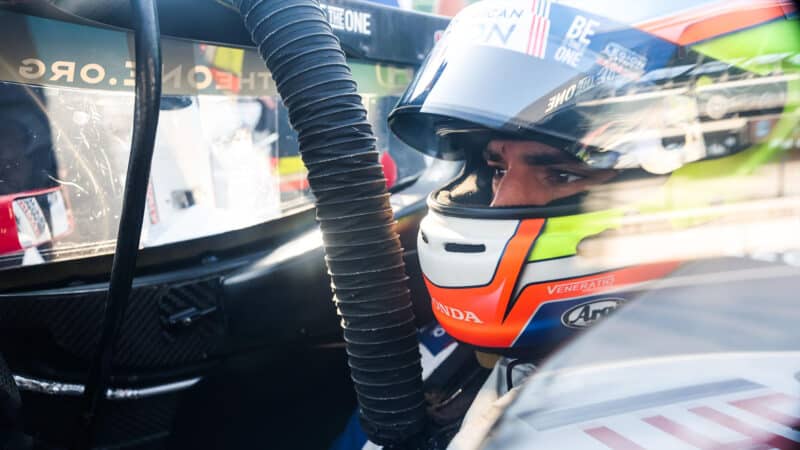He might have good reason to regret how he handled some of those situations with specific individuals – but the moves themselves? As Alonso said in the interview, some of it was out of his hands anyway, that each move happened for a good reason. But whatever the circumstance, I would argue regret has no place when it comes to this aspect of his life, and that loyalty is certainly an irrelevance. Racing drivers are self-centred by nature, but they have to be. That’s the juicy contradiction at the heart of why we love this sport: yes, you need a great car and a great team behind you to achieve anything – but at heart it’s all about the drivers, the selfish, focused individuals who have to be out for themselves.
That ruthless attitude is surely apt for a few specific drivers facing their own big decisions in the next couple of years. I’m thinking specifically (but not exclusively) of Lando Norris, whose McLaren contract last until the end of 2025, and Charles Leclerc who must face questions about his Ferrari future beyond 2024. Both have shown patience and yes, loyalty in testing times at their teams. At least for Norris this year those qualities have been rewarded by McLaren’s remarkable upturn since the big upgrade introduced in Austria. But he still faces the same questions Leclerc must be asking himself: ‘Am I in the best place for me to become a world champion? Am I at a team capable of taking me to that height?’
Their loyalty does them credit, of course. Others have acted so too, although most are in the distant past. Stirling Moss only wanted to drive for his friend Rob Walker in the latter years of his career; Jim Clark had that bond with Colin Chapman and Lotus; Jackie Stewart chose Ken Tyrrell over Ferrari in 1968 and never wavered thereafter. But even in the so-called golden eras racing drivers were naturally opportunistic, most famously Juan Manuel Fangio, who always manoeuvred himself into the best car available and yet maintained his reputation as the finest of gentlemen beyond reproach. That was a mark of the man.

While some famous names were loyal to select teams, Fangio always put himself in the best car available
Bernard Cahier/Getty Images
In a sport that relies completely on the machinery you have at your disposal, bettering your situation is a key part of the game. Ayrton Senna, who revered Fangio, took a leaf and then carried it to extremes as he calculated his moves, without sentiment, from Toleman to Lotus to McLaren and to Williams. How he handled those negotiations weren’t always with honour or grace, much like Alonso. But he was right every time to make those moves.



